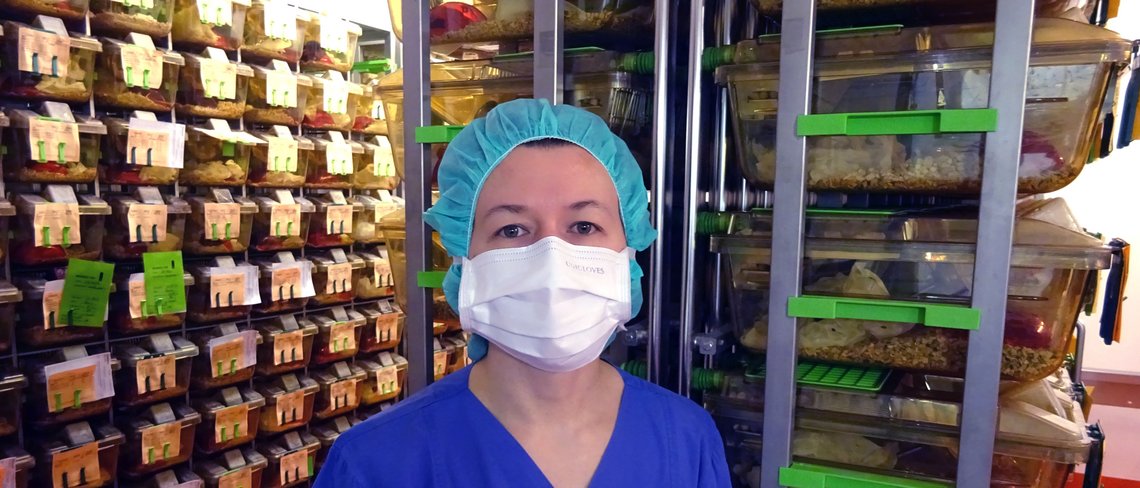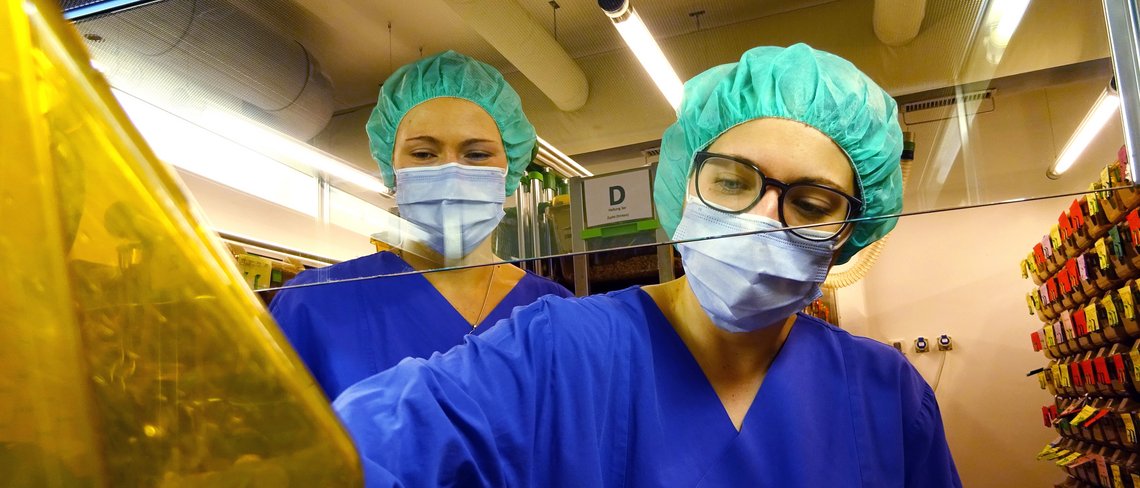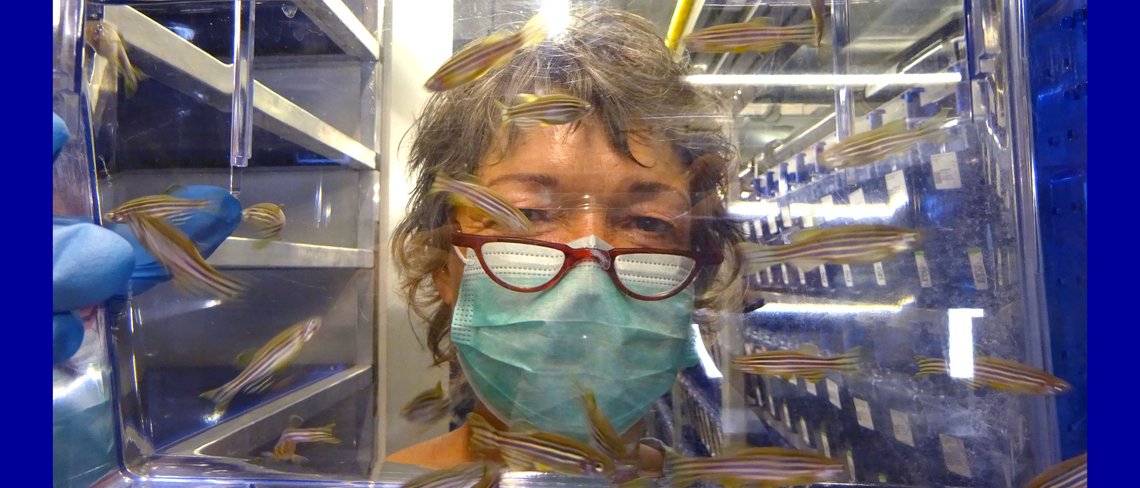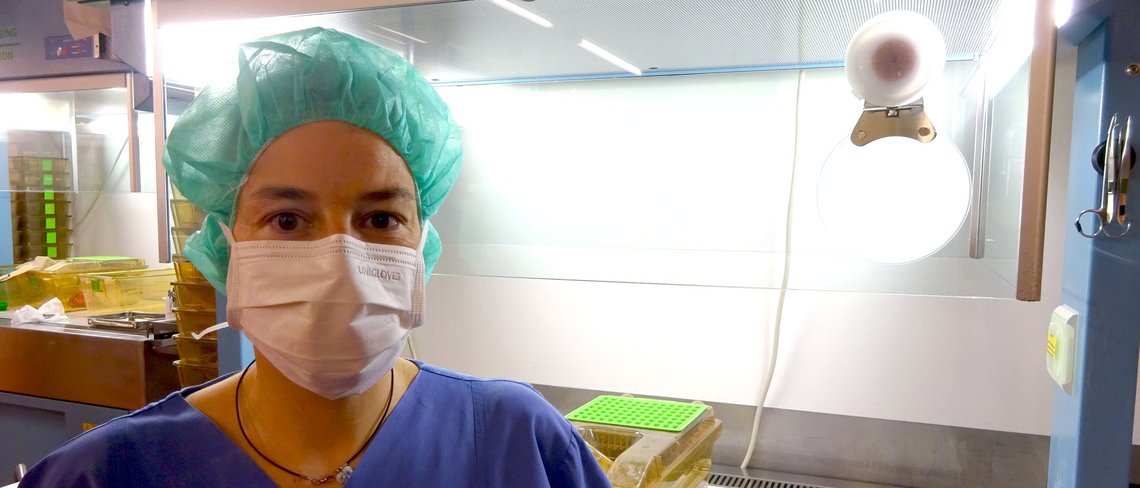Animal studies in basic research - facing a a high degree of responsibility
We are taking the World Day of Laboratory Animal as an opportunity to provide information on this topic. This is a controversial topic on which we would like to let the Institute's employees who work closest to the animals - our veterinarians and animal care staff - have their say.
Animal studies are still indispensable in the field of biomedical research. The MPI-HLR is aware of the special responsibility of researchers for laboratory animals and the ethical problems associated with studies on living beings. At the same time, we emphasise the importance for science. You will find references and information material from the Max Planck Society on the left side of this page.
Veterinarians and animal keepers take a stand on the questions "Why are animal experiments important in research?" and "Why is my work with animals important to me?":
In its declaration of principle on the subject of animal research, the Max Planck Society emphasises the indispensability of animal research for biomedical research, but also acknowledges the special responsibility of each individual scientist for the animals used in research and the ethical issues associated with experiments carried out on sentient beings. The gain in insight expected from an experiment must be weighed against the harm inflicted on animals – an evaluation for which there are no universally accepted standards.
In its White Paper, the Max Planck Society has adopted a series of measures designed to achieve the best possible compromise between the obligation to protect the animals used for research and the need to perform research with sentient beings in order to gain insights into the processes supporting the life of organisms. These measures include:
- strengthening the culture of care for the animals; this is to be achieved through improved coordination of animal welfare within the MPG, while at the same time maintaining the highest quality of science
- Further refinement and reduction of use animals in research - scientific insights should be used to reduce the number of experiments and minimize the potential harm inflicted on the animals
- transparent presentation of animal research for the general public
- research aimed at improving the implementation of the 3 R principle
- research on the living conditions of research animals, their social behaviour, perception of pain, consciousness and their right for life
- training of all employees working with animals in animal ethics
You will find the White Paper here.



